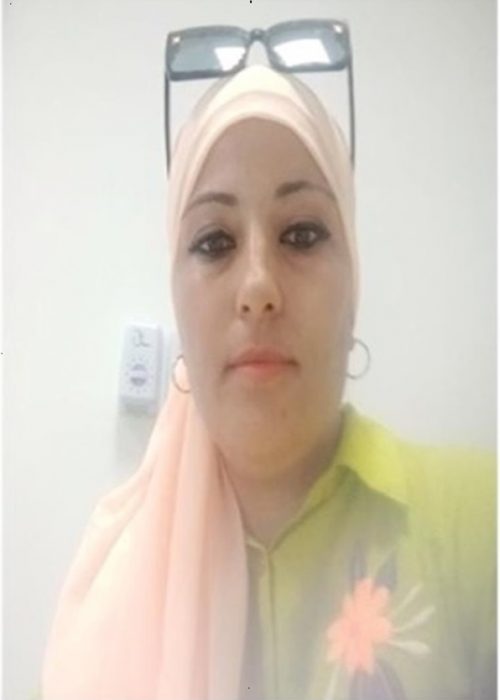2024
Project: The Linguistic Construction of Gender Disparity in the Tunisian TV show « Fekret Sami Fehri » on Elhiwar Ettounsi through the Lens of MECAM’s Guiding Theme « Imagining Futures : Dealing with Disparity »
Dr. Najla Mosbahi
( The Military Academy / Tunisia)
Najla Mosbahi holds a PHD in English Language and Linguistics . She teaches English at the Military Academy in Tunis. Dr. Mosbahi earned her doctorate in this field, showcasing her profound expertise and commitment to advancing linguistic and media studies. Her research interests encompass a wide range of subjects, including media studies, film studies, critical discourse analysis, multimodality, and applied linguistics. Dr. Mosbahi has contributed significantly to these fields through her published research papers. Notable works include ‘A Genre Analysis of the Film Children of a Lesser God’ and ‘Fearless Voices: A Systemic Functional Grammar Examination of Female Resilience in Halloween’ (1978), which explores themes of female empowerment and resilience through a linguistic lens. In addition to her publications , Dr. Mosbahi is an active participant in both national and international academic conferences, where she shares her insights and collaborates with other researchers.

Project IRF I : Aesthetics & Cultural Practices
This research project, situated within the theme ‘Imagining Futures: Dealing with Disparity’ of the MECAM initiative, employs critical discourse analysis to investigate the linguistic construction of gender disparity in the Tunisian TV show “Fekret Sami Fehri” on Elhiwar Ettounsi. Specifically, this study examines how the show represents and reinforces gender roles, stereotypes, and disparities, with a focus on the portrayal of women. The research aims to answer three key questions: How do the TV show’s linguistic strategies contribute to the construction of gender roles and stereotypes? Do these constructions perpetuate or challenge existing gender disparities in Tunisian society? What are the potential consequences of these constructions on gender inequality?
